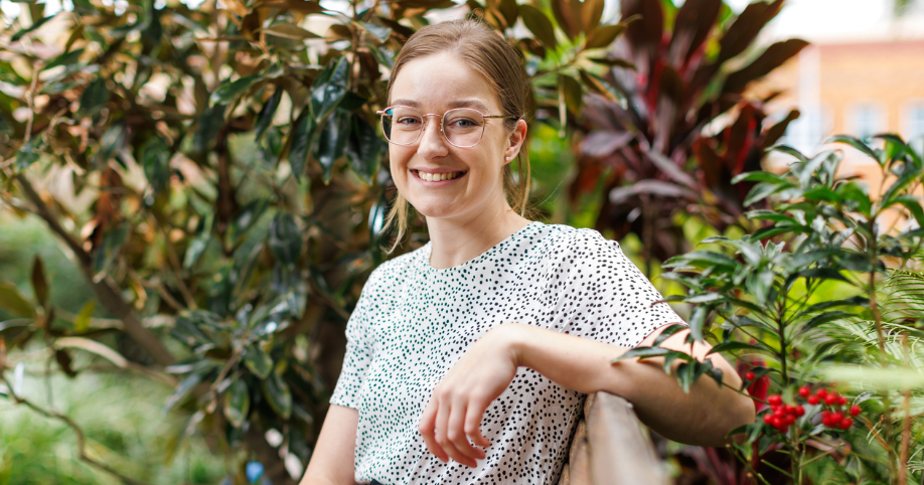
A new research study which has already benefitted almost 200 stroke survivors at Mater Hospital Brisbane’s acute stroke unit will soon help patients at other Queensland stroke units.
Led by occupational therapist researcher Aleysha Martin, the Mater Research and The University of Queensland study has implemented an allied health stroke assessment that could become best practice across Queensland with patients receiving quicker stroke assessment to support their treatment and recovery.
“I began the study after seeing patients at Mater Hospital Brisbane’s acute stroke unit having duplicated and repeated stoke assessments completed by occupational therapy, physiotherapy, speech pathology and social work,” Ms Martin said.
All Mater patients who have experienced stroke now receive the transdisciplinary stroke assessment by a trained occupational therapist or physiotherapist, regardless of stroke symptoms experienced.
Shining a spotlight on National Stroke Week (5-11 August), Ms Martin said she was inspired to change current practice to make stroke assessments simpler for everyone.
“Streamlining the process and replacing these time-consuming assessments with a single transdisciplinary assessment creates a more patient-centred experience of allied health stroke assessment, with less repeated questions and duplicated assessments, which can be frustrating and fatiguing,” Ms Martin said.
Ms Martin said working in a transdisciplinary way means that a healthcare team shares their skills and knowledge, and complete additional training to streamline the patient experience.
“Not only does it save time, but it means that patients could start rehabilitation sooner,” she said.
Mater Hospital Brisbane stroke coordinator Brendon Glenn said around 200 patients attend Mater’s acute stroke unit each year.
Mr Glenn said the study has already had a positive impact among patients who have attended the unit this year.
“When someone comes in after having a stroke, they are usually a bit battered and worn, they have had a sleepless night, so being able to have a standardised set of questions makes things easier for not only the patient, but the teams accessing information and what services they require,” Mr Glenn said.
“The new process frees up clinicians to be able to provide more hands-on time with patients.”
In August last year, 69-year-old Mater Hospital Brisbane patient Irene Kinder suffered a rare and unexpected Cerebellar stroke which left her “dizzy” and unable to stand or walk.
A Cerebellar stroke can happen when there is a blockage in the blood supply to the cerebellum due to a blood clot or injury to a blood vessel.
As part of the study, Mrs Kinder was able to return home sooner thanks to a multidisciplinary team in the stroke and rehabilitation unit who helped her get back on her feet again.
Mrs Kinder had a stroke while watching TV at home and “doesn’t remember a lot”.
“I suspect because of the fast diagnosis, I never had the usual signs of a stroke because I could lift my arms up and I didn’t have paralysis in my face,” she said.
“But by the time I got to hospital I was like a limp doll.”
She said having physiotherapists and other specialists help her regain her mobility with contemporary assessments every week since having the stroke was “amazing”.
“I have gone from not being able to walk to wearing my three-inch heels again,” Mrs Kinder said.
“The assessments from the teams were difficult but I knew I needed to do them to reach my goals.
“One day the occupational therapist asked me to use tweezers to pick up snipped up straws and put them over nails – I thought ‘when would I ever need to do this’, but it helped with my memory and my movement.
“I went from using a walker and then a cane, and now I’m on my own two feet.”
Meanwhile Ms Martin was recently awarded a Queensland Health Clinical Research Fellowship worth $100,000 over two years for her project titled “Transforming stroke care using a transdisciplinary stroke assessment: a multi-site study”.
“This fellowship will form the translation phase of this work. My aim is to implement the transdisciplinary stroke assessment in other acute stroke units, test if similar results are achieved, and understand what factors drive success,” she said.



